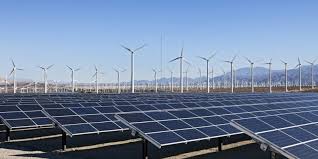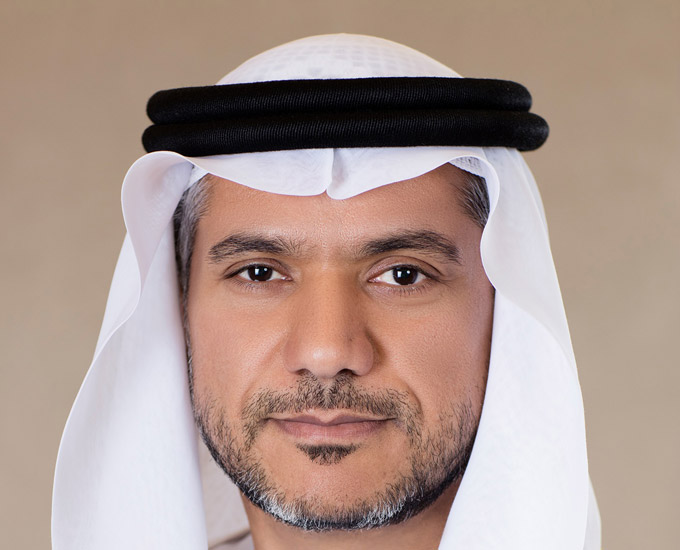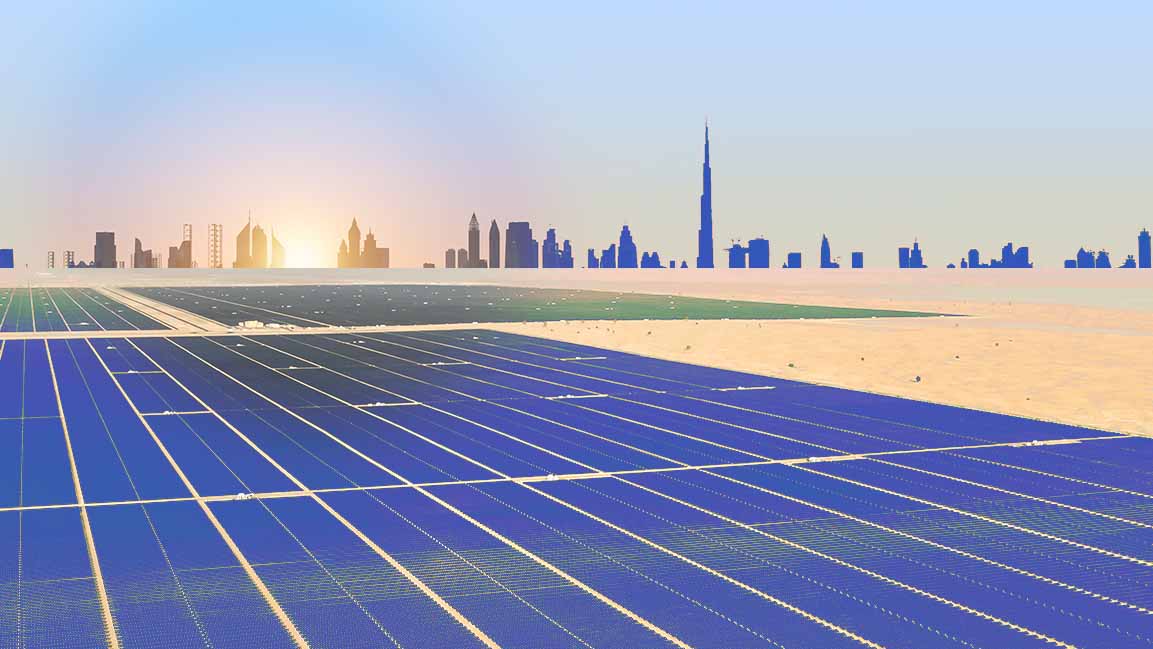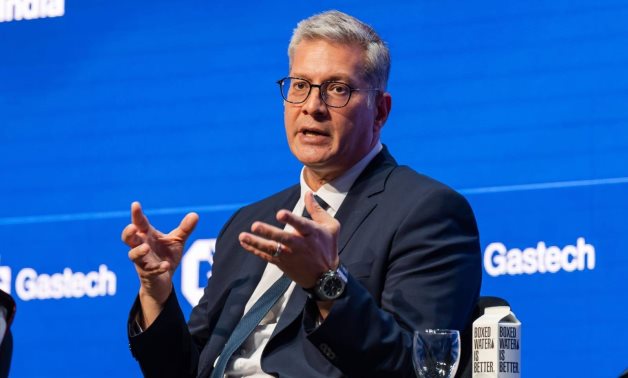Energy

South Africa leads charge in homegrown green energy

South Africa and a few other nations, particularly in North Africa, have made substantial progress in manufacturing green energy equipment locally, reducing reliance on imports and creating jobs.
This is according to the latest report by energy experts Smail Khenna and Youba Sokona from the African Institute for Sustainable Energy and Systems Analysis.
The report aims to review the existing evidence and debates on a just energy transition and low-carbon pathways in Africa, with the purpose of prompting discussions among researchers, policymakers, and practitioners.
The report indicates that African countries and their regional organisations must address several critical issues in the transition to green energy and sustainable low-carbon pathways.
It notes that socioeconomic development has a crucial role in achieving sustainable and equitable energy transitions to cleaner renewable sources.
According to the report, countries and regions have different levels of energy infrastructure and decision-making processes, which determine how they are impacted by the transition from fossil fuels to low-carbon economies.
“Countries such as South Africa and, to some extent, those in North Africa have more developed economies and infrastructure compared to many others in Africa, which significantly influences their capacity to implement energy transitions,” it stated.
Africa’s development and green energy transition share key commonalities
Despite regional variances, the report notes that Africa’s development and energy transition share key commonalities, such as the continent’s vulnerability to climate change, exacerbating existing socioeconomic challenges.
It states that the effects of climate change, including extreme weather events, droughts, and floods, are felt across the continent, emphasising the importance of a resilient and adaptive approach to development and an energy transition.
“Addressing these shared challenges requires a just energy transition that accounts for Africa’s diversity while leveraging its communal strengths. A just energy transition in Africa must prioritise equitable access to energy, ensuring that poor countries and marginalised communities are not left behind.
“This involves not only expanding access to renewable energy but also creating economic opportunities through the development of value chains, such as manufacturing, in strategic fields, including critical minerals.”












